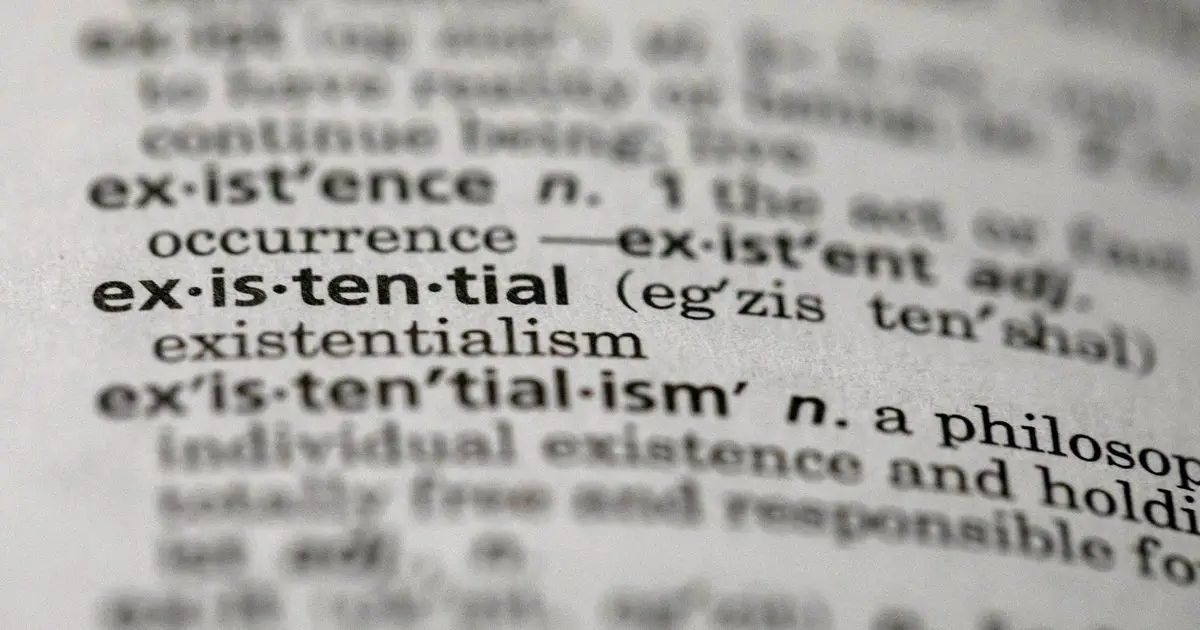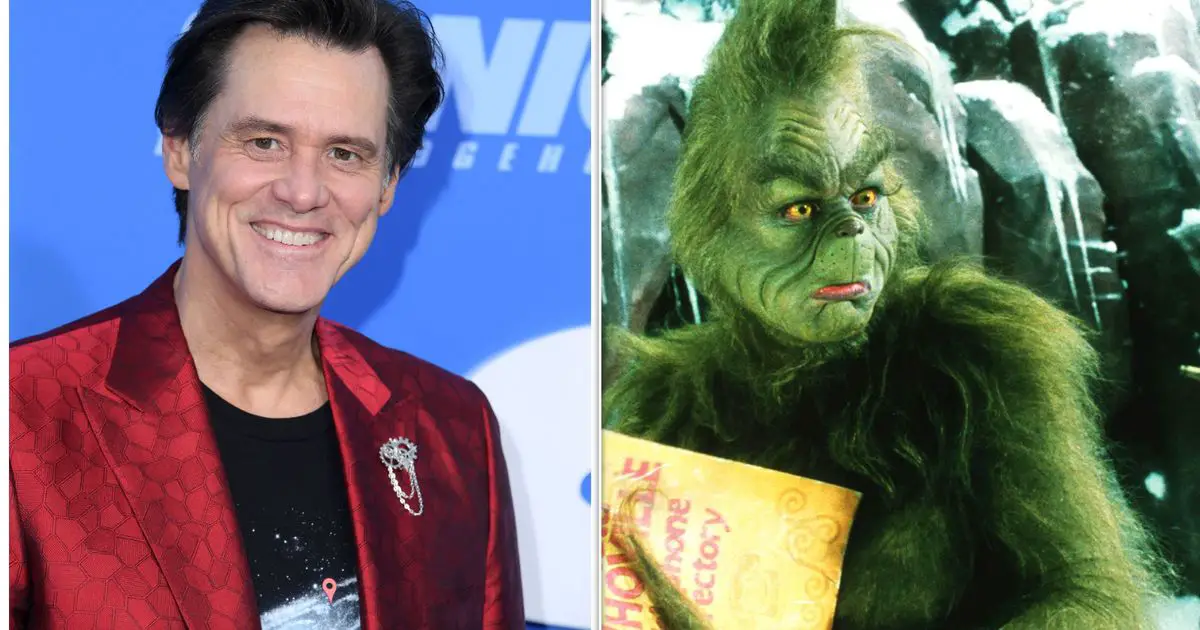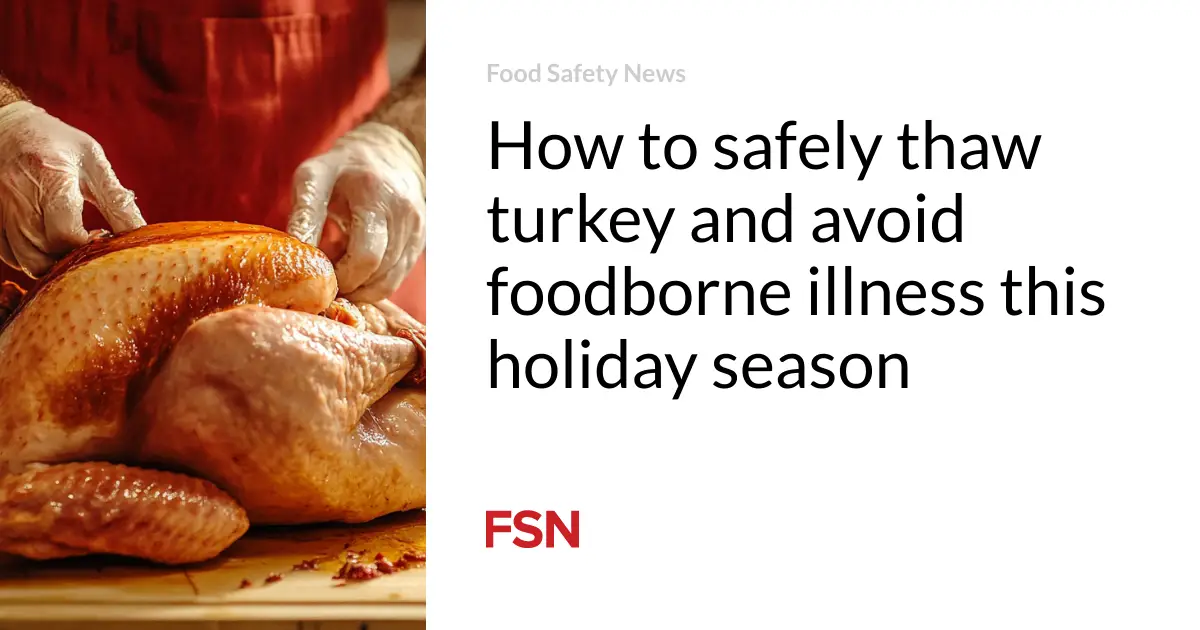
Charli XCX’s 2024 album Brat was pretty definitively the song of the summer, taking over airwaves and becoming a major trend on TikTok.
The phrase “Brat summer” was on everyone’s lips earlier in the year ― even if it did give way to “demure autumn.”
The lime green aesthetic was everywhere: Kamala Harris declared herself “Brat,” and the Apple dance was unavoidable until Charli herself called an end to the season.
But while most of us have moved on from the cultural moment, it seems those at Collins Dictionary are still feeling pretty Bratty.

Collins Dictionary’s ‘word of the year’ is usually pretty zeitgeist-y: 2023′s was “AI”, 2022′s was “permacrisis”, 2021 was “NFT”, and 2020 was, predictably, “lockdown”.
Maybe, then, we shouldn’t be shocked this year’s was “Brat.”
The dictionary defined it as “characterised by a confident, independent, and hedonistic attitude.”
“More than a hugely successful album, ‘brat’ is a cultural phenomenon that has resonated with people globally, and ‘brat summer’ established itself as an aesthetic and a way of life,” they added.
“Channelling self-acceptance as well as rebelliousness, it’s a fitting word for 2024, a year when hedonism and anxiety have combined to form an intoxicating brew.”
Shortlisted options included “brainrot” (“an inability to think clearly caused by excessive consumption of low-quality online content”), “looksmaxxing” (“attempting to maximise the attractiveness of one’s physical appearance”), and “delulu” (“utterly mistaken or unrealistic in one’s ideas or expectations.”)
“Yapping,” “supermajority,” “romantasy,” and “era” (as in, “in my villain era”) were also contenders.
They also considered “rawdogging,” which Collins called a “hairshirted, puritan route… through life” (like going to the gym without headphones).
Ultimately, though the album title won out.
“Brat is different things to different people; a spiky attitude, a garish aesthetic, even a campaign slogan (the phrase ‘Kamala IS Brat’ proved snappy enough to go politically viral, even as its meaning remained a little hard to pin down).”







